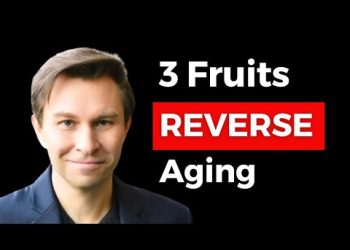Introduction to the Kidney Health Crisis
In an alarming case, a 55-year-old woman’s kidneys were gravely compromised after taking a commonly used vitamin. This scenario highlights the potential dangers of over-the-counter supplements, especially in individuals with pre-existing health conditions. Let’s delve into this story and extract valuable lessons to prevent similar incidents.
The Incident
In December 2022, a woman was admitted to the emergency department with an array of troubling symptoms including extreme weakness and an abnormally low body temperature. Her creatinine levels, a key indicator of kidney function, were shockingly high, signaling rapid kidney failure. A seemingly innocent vitamin supplement was later identified as the main culprit.
Identifying the Culprit
After extensive medical testing, doctors traced the kidney damage back to an excess intake of vitamin C. This essential nutrient is often regarded as safe, but in high doses, particularly for individuals with kidney issues, it can lead to significant health problems.
The Dangers of Vitamin C Overdose
While vitamin C is beneficial for boosting immunity and aiding iron absorption, excessive amounts can accumulate as oxalate crystals in the kidneys, potentially leading to kidney stones and even failure. This underscores the critical need for moderation, especially for those with impaired kidney function.
Other Vitamins to Watch
The video also examines other vitamins that pose risks when consumed in excess. Notably, vitamin D, B12, and synthetic vitamin E can all be hazardous if not carefully monitored, particularly in individuals with kidney disease. Each of these vitamins, while beneficial in normal doses, can exacerbate health conditions if abused.
The Case for Periodic Health Checks
Regular health check-ups are crucial in detecting underlying issues, such as kidney dysfunction, which might not present obvious symptoms initially. Simple blood tests during annual physicals can help identify and address potential concerns before they escalate.
Misleading Sources of Information
It is essential to be cautious of nutrition advice from anonymous or vague sources. Platforms like “Healthy Nutrition” may not provide reliable guidance, emphasizing the importance of consulting healthcare professionals for informed decisions.
Food Over Supplements
Many experts advocate for obtaining necessary vitamins and minerals through a balanced diet rather than supplements. For those with intact absorption capacities, a well-rounded diet provides all essential nutrients without the risks associated with over-supplementation.
Consultation with Healthcare Providers
For individuals with chronic conditions like kidney disease, consultation with healthcare providers before starting any supplement is crucial. This ensures any supplementation is tailored to their specific medical needs and avoids compounding health issues.
Conclusion
This case serves as a stark reminder of the potential dangers lurking in everyday health practices. By prioritizing real food and consulting with medical professionals, we can harness the benefits of vitamins without succumbing to their potential perils.











